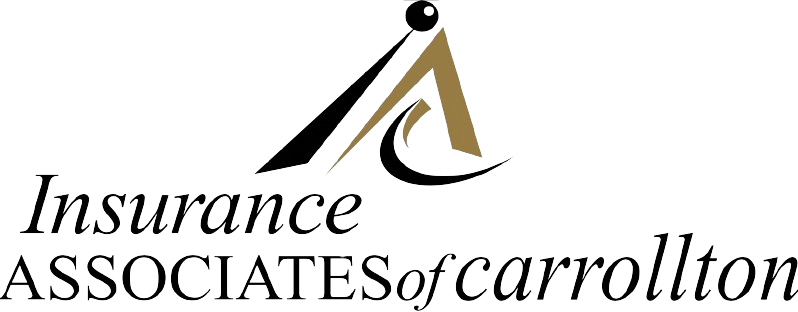The Role of Commercial Property Insurance
Commercial property insurance is essential for protecting businesses from unexpected property damage and liability issues. Whether facing the aftermath of a natural disaster, an accident, or unforeseen structural failures, determining the responsible party for property damage can become complex. Understanding the coverage scenarios offered by commercial insurance policies is key to safeguarding a business's financial stability. Who is Responsible if a Tree Falls Onto My Commercial Property?
When a tree from a neighboring property falls onto your commercial space due to natural causes like storms or lightning, your own commercial property insurance typically covers the damage. However, if the tree's fall is a result of negligence, such as being improperly maintained or diseased, liability could shift to the neighbor’s insurance. Proving negligence in these cases is imperative. It's also worth noting that tree removal isn't covered unless structural damage occurs. What If My Neighbor’s Property Causes Flooding on Mine?
Standard commercial property insurance often excludes flood damage, even if it originates from a neighboring property. Businesses should consider separate flood insurance for these situations. If flooding is caused by neighborly negligence, like neglect of drainage or a burst pipe, their liability insurance may cover the damage. Establishing negligence can be challenging. For pipe bursts on your own property, most policies cover sudden breaks but exclude damages from negligence, poor maintenance, or improper precautions against freezing—separate endorsements might be needed for sewer backups. What Happens If a Fire from a Neighboring Property Spreads to Mine?
Typically, if a fire spreads from one business to another, the affected business’s own commercial property policy handles the damage. In situations involving negligence, such as fire code violations, the neighbor’s liability insurance might contribute, but proving liability is necessary. Who Pays for Debris Removal After a Disaster?
Debris removal can become a matter of liability. If a neighboring property is at fault, their insurance might cover debris removal, provided negligence is demonstrated. Otherwise, if your policy covers the damage, debris removal is generally included, with coverage limits. If the cause is a non-covered event, like flooding without flood insurance, debris removal expenses also fall outside coverage. Will My Insurance Cover Business Losses If I Have to Shut Down?
Business interruption insurance can be crucial, covering lost income if operations halt due to covered perils like fire or storm damage—this coverage must be part of the policy. Closures from flooding aren’t covered unless the policy specifically includes flood-related protection.
Understanding your commercial insurance policy and its interaction with neighboring property claims is fundamental. Regular reviews, consideration of additional coverage options like flood and business interruption insurance, and consultation with an insurance professional can help ensure that businesses remain well-protected against unforeseen events.

